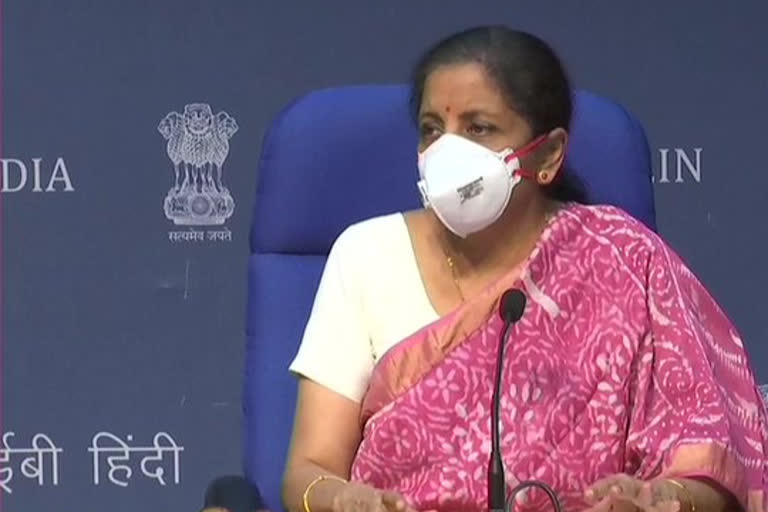New Delhi: Prime Minister Narendra Modi’s government has prepared a Rs 50,000 crore livelihood security programme for millions of migrant workers who have returned to their native places and villages due to the nationwide complete lockdown.
The lockdown was imposed in the last week of March to slowdown the community spread of the Covid-19 virus, But the lockdown made it impossible for tens of millions of migrant workers to sustain themselves in cities due to lack of employment and proper place to stay and forced them to return to their villages, sometimes by walking for several hundreds of kilometers.
Prime Minister Narendra Modi will launch the programme from Khagaria district in Bihar through a video link on Saturday.
The Pradhan Mantri Garib Kalyan Rozgar Abhiyan aims to cover those 116 districts in the country where the number of returnee migrant workers exceeds at least 25,000 people.
Under the programme, the government will pool in 25 different kinds of works executed under the Central government schemes to provide 125 days of work.
“Everyone who needs the assignment will be given the jobs under 25 different categories of works,” said finance minister Nirmala Sitharaman. She said the thrust would be on asset creation.
Read more: Finmin seeks expenditure proposals for first supplementary demands
“The objectives which have to be achieved, will be achieved using the labourers who have returned there,” Nirmala Sitharaman added.
She said both the Centre and States have carefully mapped the skill set of these workers and most of them were engaged in construction sector in the urban centres.
“We have carefully mapped the skill set of these migrant workers. And most of them are skilled workers. The,” she said.
Six states to benefit from PM Garib Kalyan Rozgar Abhiyan
116 districts in six states will benefit from the PM Garib Kalyan Rozgar Abhiyan.
Finance minister said out of nearly 1 crore migrant workers, nearly 67 lakh or two-thrid returnee migrant workers have gone back to these 116 districts alone.
Bihar accounts for the highest number of districts (32), followed by Uttar Pradesh (31), Madhya Pradesh (24), Rajasthan (22), Odisha (4) and 3 districts from Jharkhand.
There are 27 aspirational districts, some of the most backward districts in the country, among these 116 districts.
However, no district from West Bengal has been included in the scheme.
In response to a question, a senior government official clarified that the number of returnee migrant workers had not been settled in case of West Bengal when the scheme was formulated.
What work will be assigned to returnee migrant workers?
The Union government has clubbed 25 different categories of work under the PM Garib Kalyan Rozgar Abhiyan.
The work includes construction of community sanitation complex, Gram Panchayat Bhawans, works executed through the Finance Commission funds, National Highway works, water conservation and harvesting works, construction of wells, plantation work (including the plantation done by utlising the CAMPA funds), and horticulture related work.
It basically means, the government will utilize all its existing scheme to provide livelihood to these workers according to their skill set.
“PM Avas Yojana, which provides housing to rural people, but if there is a labour component in it then it will also be included in this,” Nirmala Sitharaman said.
The government has included the work carried out at Anganwadi Centers, Rural Housing and PM Aavs Yojana, rural electricity and border road works, railway works, and the work carried out under Shyama Prasad Mukherjee RURBN Mission and also under the PM KUSUM works, laying of fibre optic cable network under the Bharat Net and also the work under Jal Jeevan Mission.
It will also include work under PM Urja Ganga project, waste management, digging and construction of form ponds, cattle sheds, goat and poultry sheds among other things.
No separate funding for PM Garib Kalyan Rozgar Abhiyan
Finance minister Nirmala Sitharaman said the government will pool in an amount of Rs 50,000 crore for this scheme.
She, however, clarified that there is no separate budget for this scheme and the entire amount of nearly Rs 50,000 crores has been pooled in from the existing scheme announced in this year’s budget.
(Article by Krishnanand Tripathi)



